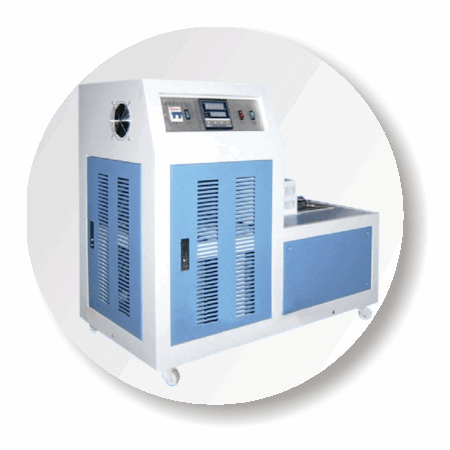Plastics are vital materials used in numerous industries and applications, ranging from packaging and construction to automotive and electronics. Ensuring the quality, durability, and safety of plastic products is crucial. This is where plastic Testing Equipment plays a significant role. In this article, we will explore what plastic Testing Equipment is and why it is essential in the production and quality control of plastic materials.
Plastic Testing Equipment refers to a variety of instruments specifically designed to evaluate the physical, mechanical, thermal, and chemical properties of plastic materials. These instruments are used to measure and analyze factors such as tensile strength, impact resistance, hardness, viscosity, melt flow index, and dimensional stability, among others. Plastic testing equipment includes a range of specialized machines, devices, and tools that help manufacturers ensure that their plastic products meet desired specifications and comply with industry standards.
1. Material Verification and Selection:
Plastic testing equipment is crucial during the material verification and selection process. It enables manufacturers to assess the properties and characteristics of different plastic materials, aiding in choosing the most suitable material for a particular application. By conducting tests such as thermal analysis, melt flow tests, and rheological analysis, manufacturers can gather data and make informed decisions about the materials they use.

2. Research and Development:
Innovations and advancements in plastic technology require extensive research and development. Plastic testing equipment plays a fundamental role in this process, allowing manufacturers to assess new formulations or additives, optimize processing methods, and test prototypes. It helps identify potential issues, fine-tune product designs, and ensure the development of high-quality plastic materials that meet specific performance requirements.
3. Quality Assurance:
Plastic testing equipment is an integral part of quality assurance programs in plastic manufacturing. Through various tests, such as tensile testing, impact testing, and flexural testing, manufacturers can verify that plastic products meet mechanical strength and durability requirements. This ensures that products can withstand real-world conditions and perform as intended, reducing the risk of product failures, customer complaints, and costly recalls.
4. Compliance with Industry Standards:
Different industries have specific standards and regulations that govern the properties and performance of plastic materials. Plastic testing equipment is used to evaluate and validate compliance with these standards, ensuring that products meet the required specifications. This is particularly important in industries such as automotive, aerospace, medical devices, and food packaging, where safety and reliability are paramount.
5. Quality Control in Production:
During the manufacturing process, plastic testing equipment is employed for quality control purposes. Regular testing and analysis help identify and resolve issues related to production variations, material inconsistencies, or equipment malfunctions. By conducting tests on samples throughout the production cycle, manufacturers can ensure product consistency, detect defects or variations, and take corrective measures, resulting in improved overall product quality.
Plastic testing equipment plays a crucial role in ensuring the quality, reliability, and safety of plastic materials and products. By facilitating material verification, research and development, quality assurance, compliance with industry standards, and production quality control, this equipment serves as the cornerstone of the plastic manufacturing process. Through accurate and meaningful testing, manufacturers can optimize their materials, improve product performance, reduce waste, and meet the evolving demands of various industries. Ultimately, plastic testing equipment contributes to the production of high-quality plastic products that meet stringent standards and exceed customer expectations.
 WhatsApp:
WhatsApp: Mobile Phone:
Mobile Phone: Contact Now
Contact Now